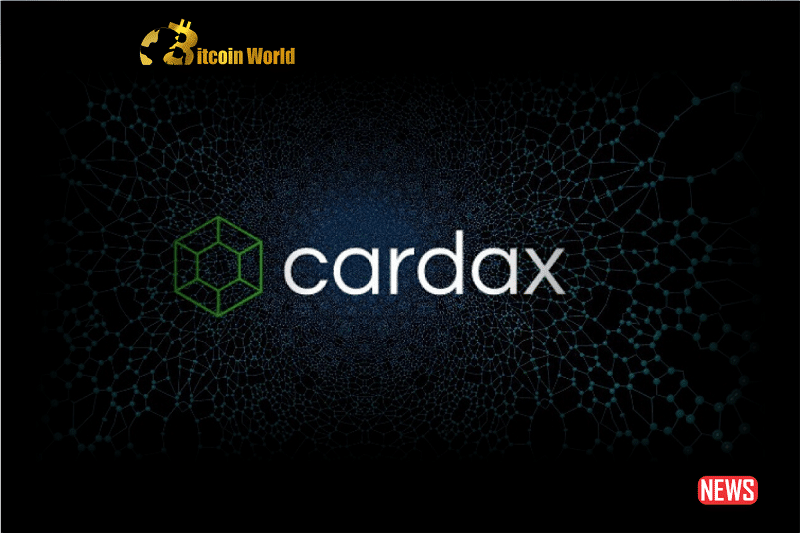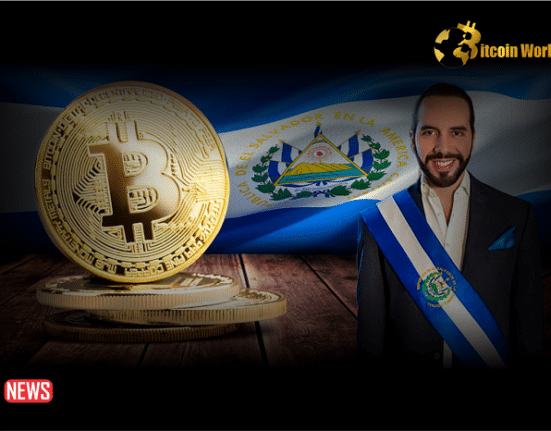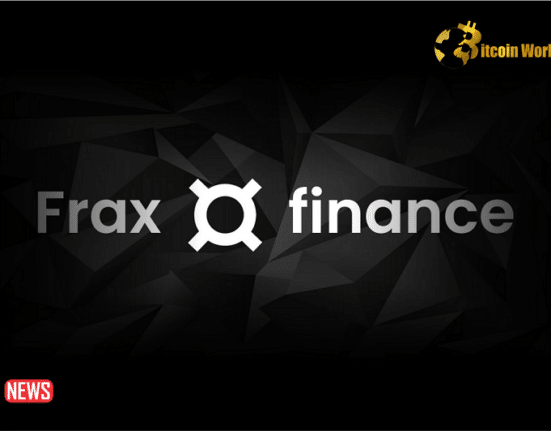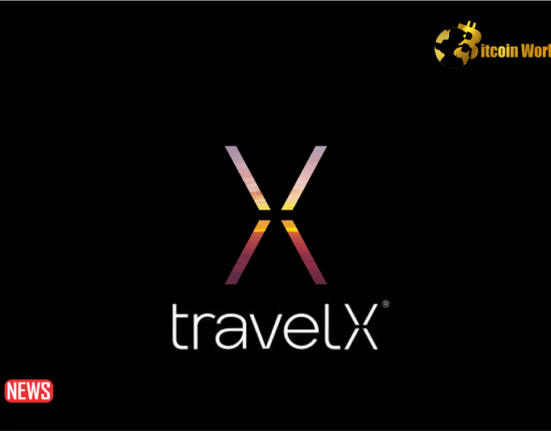Cardano, the popular blockchain platform, continues to grapple with regulatory woes in the United States, which have triggered a series of delistings on major US exchanges. The token, ADA, has faced intense scrutiny due to its ‘security classification,’ this recent development has added significant pressure to Cardano’s ecosystem.
One of the most recent casualties of this turbulent regulatory landscape is Cardax, a Cardano-based decentralized exchange (DEX). While Cardano initially attracted a dedicated following, its regulatory status has cast a long shadow, causing problems for platforms looking to engage with the network without attracting unwanted attention from regulators.
Despite the decision of several protocols to distance themselves from ADA to mitigate potential legal issues, independent decentralized platforms like Cardax remained steadfast in their support for the Proof-of-Stake network. However, they didn’t anticipate the enduring repercussions of the SEC’s crypto crackdown, which ultimately led to an exodus of investors and a prolonged period of declining prices.
In response to these challenges, Cardax recently announced its decision to shut down operations after conducting a comprehensive assessment of the crypto market. The exchange cited various factors contributing to this choice, including the increasingly stringent regulatory environment and a lack of widespread adoption. The global trend toward more stringent regulatory requirements and heightened government oversight has created significant obstacles for crypto platforms like Cardax.
Despite exploring potential options to save the DEX, such as selling the company, Cardax found the regulatory burden manageable, hampering their ability to serve their user base effectively. The dwindling activity and liquidity on the platform further exacerbated their difficulties, making it increasingly challenging for Cardax to remain competitive in the crowded cryptocurrency exchange landscape.
Cardax has officially announced that it will cease operations starting in September and phase out its native token, CDX. This decision highlights the far-reaching consequences of regulatory actions in the crypto industry, as platforms like Cardax are forced to make difficult choices in response to evolving regulatory pressures.
As Cardano grapples with regulatory uncertainties, the fate of other platforms and projects in the ecosystem remains uncertain. The crypto community will be closely watching to see how these developments impact Cardano’s future and whether it can overcome these regulatory challenges to regain momentum.















